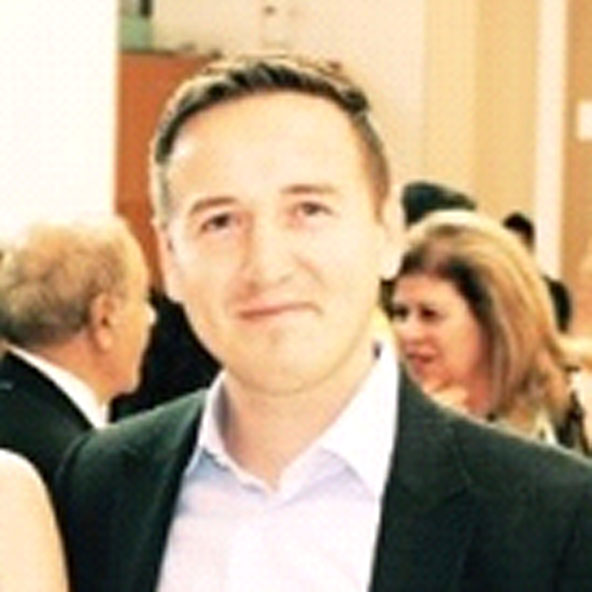ЗА МАКЕДОНСКИ ЈАЗИК КЛИКНЕТЕ ТУКА.
Emil Hristov, a successful US entrepreneur of Macedonian origin and Wharton Business School graduate, has established several successful businesses in sectors such as real estate investing in short term rentals, accounting and financial software and apps, retail, the solar industry, food delivery of natural products in a sustainable way, etc.
He has two different approaches to opening a new business:
- Go to a business because of a financial opportunity provide by favorable market conditions – once the market conditions change, you need to immediately exit the business
- Emotional reason – you have a desire for a product that you cannot find on a market. You are more likely to stick to the business during tough times. You focus on the mission and not the dollars, the money is a fuel that you need to get to the mission.
He is a strong believer in clean energy and organic food production, which is what his current business is focused on.
“Every time you go to the supermarket, you vote for something; you vote at the register – what are you going to support?” – he says.
People that make products, will make whatever you support. If you are going to support organic, then people will make organic.
“This is a purely emotional business for me, and I am willing to fight for it, not only to get customers but to also convince them that this is the right way.”– he added.
We need to plan for the next 6-9 months, as we don’t know how long the crisis will last. Use your assets, don’t burn them. If you cannot transform the business model in the short term, it is better to close it down or open a new business line that will also serve your mission. This “new business model” is not a new start, but you are building on top of your existing business infrastructure. Some businesses can adjust, and some can’t adjust that easy, such as real estate. But some hotels have managed to transform, by transforming their rooms into offices for working people to rent if they cannot work from home. You need to reflect on:
- Why are you in the business
- What are your assets
- How you can utilize them in this new setting
Now it is time to pivot businesses that produce essential products and services and not luxury. There are limited investments outside of the essentials that are taking place.
“Investment in new businesses will dry out in the next year to a year and a half. Investors are waiting for the situation to calm down. They conserve cash to wait for the best opportunity. “– he stated.
According to Emil, people underestimate the impact on the economy and the potentials of an economic depression. But he firmly believes that people shouldn’t be expecting any governmental help.
“When it gets tough, people ask for help from the government. How can the country help you in crisis, if it couldn’t even help you in good times?” he asks. “We shouldn’t depend on the government, but on the free economy, personal will, creativity, hard work, and work ethics.” – he concluded.
The webinar was organized by PrimePoint Partners and M6 Educational Center, and it was moderated by Dijana Despodov, Corporate Advisory and Innovation Partner at PrimePoint Partners.

